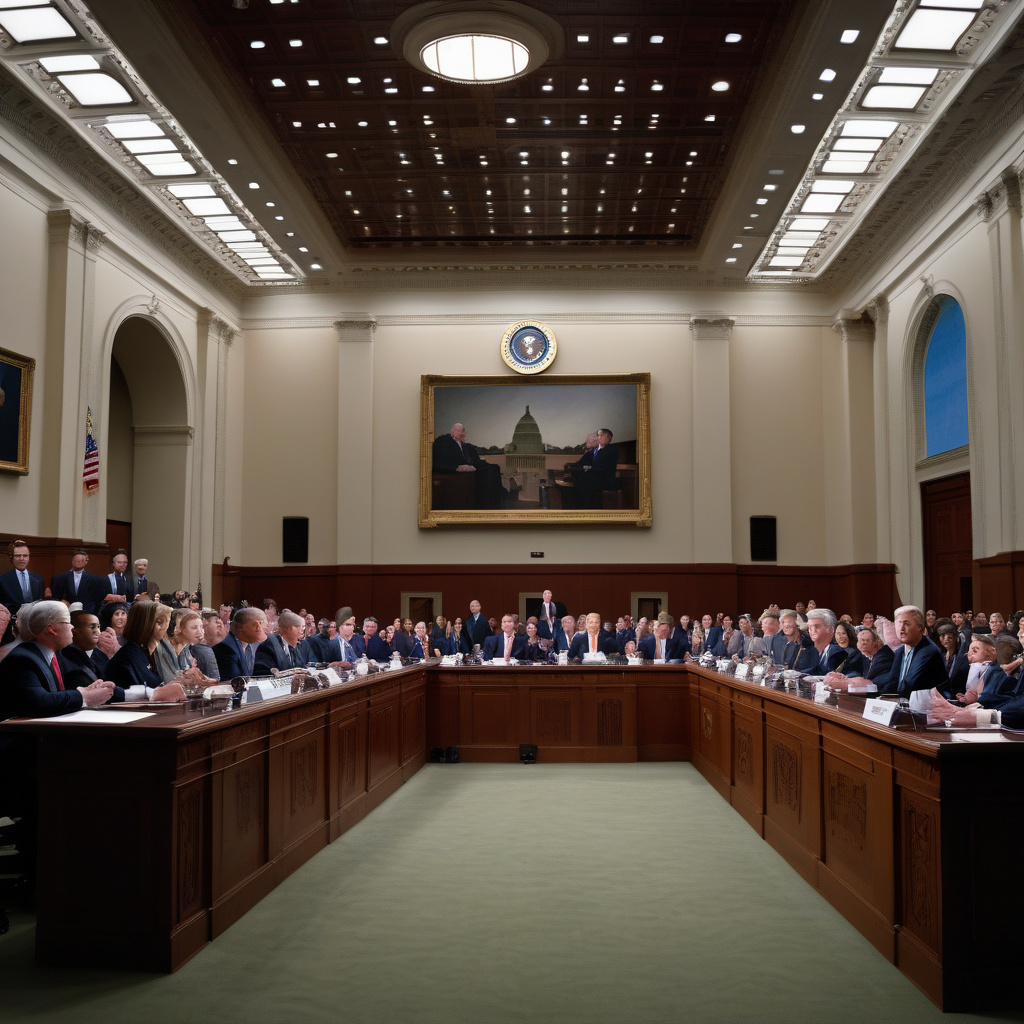U.S. Lawmakers Raise Concerns Over Apple-Alibaba Deal
In a rapidly evolving tech landscape, where global partnerships are becoming increasingly common, a recent development has caught the attention of U.S. lawmakers and the Trump administration. The deal in question involves tech giants Apple and Alibaba, with the latter set to provide AI features for iPhones sold in China. According to reports from The New York Times, this collaboration has sparked interest and scrutiny from both political and governmental entities.
The scrutiny from the Trump administration and congressional officials underscores the significance of this partnership and its potential implications. The involvement of Alibaba, a Chinese tech behemoth, in providing AI features for Apple’s iPhones raises questions about data privacy, security, and the broader implications for U.S.-China relations. These concerns come against the backdrop of increasing tensions between the two economic superpowers, particularly in the tech and trade sectors.
The fact that White House officials and members of the House Select Committee on China have directly engaged with Apple executives on this matter highlights the level of scrutiny and oversight being applied. The implications of integrating Alibaba-powered AI features into iPhones, particularly those sold in China, extend beyond just technological advancements. They touch on issues of national security, data protection, and the strategic interests of both countries.
At the same time, this scrutiny reflects a broader trend of governments paying closer attention to tech partnerships with international implications. As technology continues to drive global interconnectedness, the intersection of politics, commerce, and innovation becomes increasingly complex. In this context, deals like the one between Apple and Alibaba serve as a litmus test for how governments navigate the challenges posed by such collaborations.
The concerns raised by U.S. lawmakers highlight the need for transparency, accountability, and robust safeguards in tech partnerships with geopolitical dimensions. As the tech industry becomes more intertwined with global politics, companies like Apple and Alibaba find themselves at the center of a complex web of regulations, interests, and expectations. Navigating this landscape requires a delicate balance between innovation and compliance with regulatory frameworks.
In conclusion, the scrutiny faced by the Apple-Alibaba deal underscores the broader implications of tech partnerships in an era of geopolitical tensions and technological advancement. As lawmakers and government officials delve into the details of this collaboration, the tech industry must grapple with the complexities of operating in a global landscape where innovation and oversight intersect. The outcome of this scrutiny will not only shape the future of tech partnerships but also set a precedent for how governments engage with the ever-evolving tech industry.

